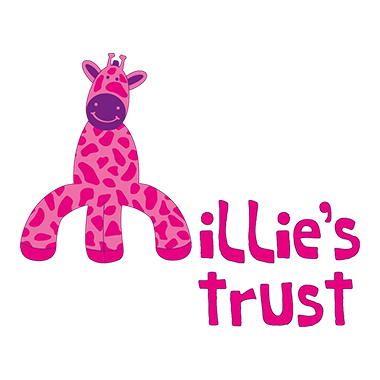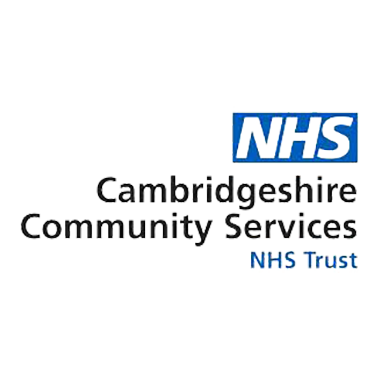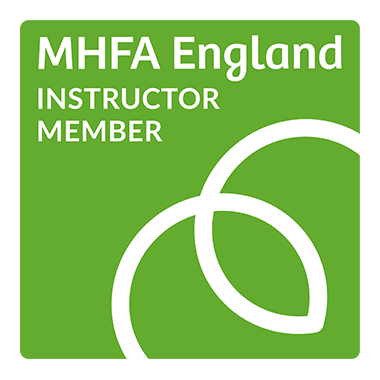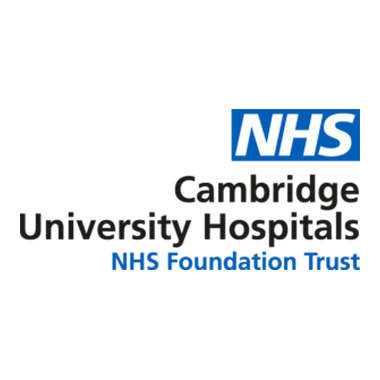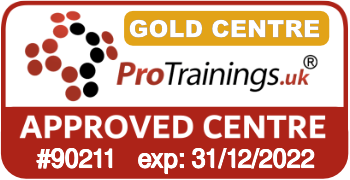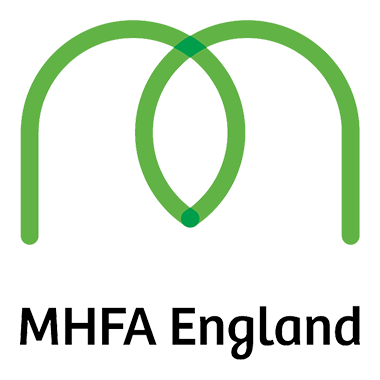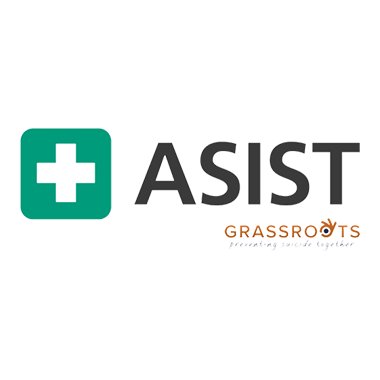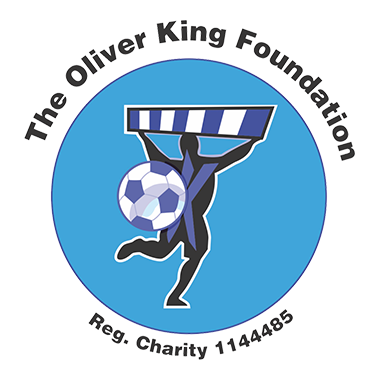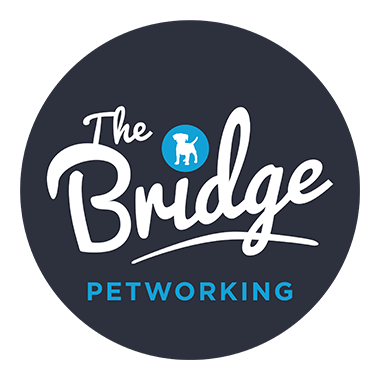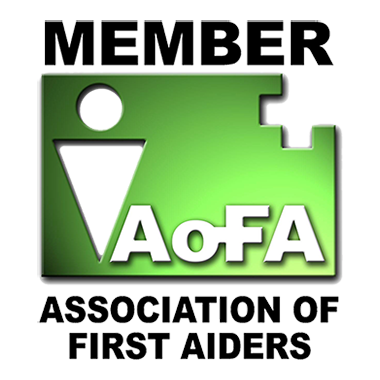About this course
Basic Life Support (BLS) Level 1 (VTQ)
In this BLS course, you will learn to recognise the signs of cardiorespiratory arrest, you will know how to summon immediate emergency help in accordance with local protocols, and be able to start CPR using chest compressions.
This training is aimed at those who require a level one qualification in the hospital sector or non-clinical staff, dependent upon local risk assessment or work context. This BLS training includes the latest CPR and Coronavirus recommendations.
Basic Life Support (BLS) Level 2 (VTQ)
This course covers Basic Life Support skills and includes skills for Adult, Child and Infant as well as healthcare variations on infant CPR. The training includes Safety, precautions, initial assessment, recovery position, CPR, compression-only CPR, CPR handover and choking. This is ideal for nurses, care workers, medical professionals needing annual updates to complete professional membership or first aiders.
Basic Life Support and AED for Healthcare Professionals Level 2 (VTQ)
The purpose of this basic life support course is to provide the learner with the skills, knowledge and understanding in the provision of Cardiopulmonary Resuscitation and of the safe use and management of an AED. This qualification offers the opportunity to provide effective emergency lifesaving first aid care using an AED.
This course covers Basic Life Support skills and includes skills for Adult, Child and Infant as well as healthcare variations on infant CPR. The course includes Safety, precautions, initial assessment, recovery position, CPR, compression-only CPR, CPR handover, choking and AED training. This is ideal for nurses, care workers or medical professionals needing annual updates to complete professional membership.
All our online courses come with a CPD time credit statement.What is CPD?
CPD stands for Continuing Professional Development and is used to describe the learning activities one might complete, to develop and enhance their professional abilities. It relates to a process of tracking and documenting the skills, knowledge and experience that you gain both formally and informally or self directed, as you work, beyond any initial training. You may have an industry specific requirement relating to skill and competence. to complete a certain number of CPD hours every year.
Where you require classroom a first aid certification urgently, please book onto one of our nationally recognised level 3 EFAW classroom courses here. If you work with children or infants (babies) in any capacity, you must take a level 3 practical face to face Emergency Paediatric 6 hour (EPFA) or Paediatric 12 hour (PFA) course.
If you have sole charge of children or work for an Ofsted registered club or facility and do not have a fully qualified PFA or FAW First Aider on site, you will need to take our emergency paediatric first aid 6 hour course (EPFA) or the full 12 hour paediatric first aid course (PFA) Visit our first aid for childcare providers page to learn more.
Our Pro Trainings online platform is super simple to navigate. Watch the video lessons at your own pace, pause and resume when it suits you. Answer the incremental multiple-choice questions throughout the course and when you have completed all the lessons, you will be directed to the final assessment.
To make sure you really learn and retain the information, test questions are randomised. A video review following the final assessment is also customised around the students results. This supports a thorough understanding of each topic
- Front-row seat in the class
- No PowerPoint based slides
- Detailed bite sized video-based training with demonstrations
- Subtitles for “sound off” viewing
- Optional concise text lesson summary with key learning points accompanying each clip
- Comprehensive manual and posters, and current regulatory guidelines updates
- Access videos for up to 8 months after registration
- Certified CPD evidence-based learning statement and certificate upon successful completion
- Includes recent guidelines on infection prevention with the outbreak of Severe acute respiratory syndrome coronavirus 2(SARS–CoV–2)
If your current risk assessment has highlighted any additional gaps please contact us. We would be happy to advise you on the most appropriate course.





